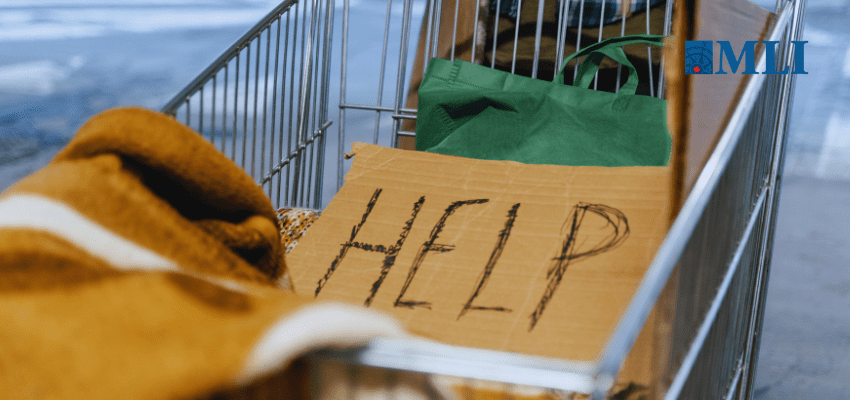This article originally appeared in the National Post.
By Lori Regenstreif and Chris Milburn, September 5, 2024
Media reaction to the Ontario government’s announcement that it is closing selected supervised drug consumption sites was swift and largely harsh, with news sites quoting “harm reduction experts” and politicians predicting an apocalyptic increase in overdose deaths.
The furor is over a change in policy that would force the closure of any site within 200 metres of a school or daycare. Only 10 of the 35-40 sites in the province would be affected.
Despite the sharp criticism, the government has not eliminated the sites altogether. Nor has it banned private individuals or charitable groups from funding such sites, if they were so inclined, and were willing to respect the 200-metre no-go-zone around schools and daycares.
And far from leaving people who use drugs to fend for themselves, the Ford government has announced it will spend $378 million on HART (Homelessness and Addiction Recovery Treatment) hubs. These sites will focus on housing and recovery, rather than perpetuating supervised injection drug use as a “safer” solution.
As is true of many current issues, supervised consumption sites are a polarizing topic and one that splits along political lines. Drug policy liberalization has been a bragging point for the federal Liberals — and the NDP members who currently support them — for a decade. On the other hand, Conservative Leader Pierre Poilievre has spoken out against several aspects of current drug policy, calling the consumption sites “drug dens.”
Organizations representing physicians and other health-care workers have shown support for programs such as supervised consumption sites, and more recently “safe supply” (more accurately called PSAD — public supply of addictive drugs). Following the recent policy change announcement in Ontario, the Registered Nurses’ Association of Ontario (RNAO) rushed to decry it and promised support for the sites.
But there are two problems. First, associations such as the Canadian Medical Association and RNAO do not reliably “speak” for their members. Many physicians and nurses will tell you they feel disenfranchised and disconnected from the elite messaging of these organizations. An informal poll of the first 10 health professionals we spoke with after this announcement failed to turn up one who supported the sites.
There is good reason to be suspicious of those who laud the success of supervised consumption sites. The ethics around them are fraught. For example, if an individual is resuscitated six times after overdosing on injected fentanyl, and then dies the seventh time, do we mark six ticks in the “saved a life,” or one tick in the “lost a life” outcome ledger?
Depending on how you set up your research, it’s easy to get the answer you want. And second-order effects are a concern. Does feeling safer taking a drug make one less likely to quit? If the sites make people 20 per cent safer, but 20 per cent less likely to stop using, is it a zero-sum game?
George Orwell said: “One has to belong to the intelligentsia to believe things like that; no ordinary man could be such a fool.”
Most Canadians are no fools. They see what has happened in their communities since these programs have been implemented. Neighbourhood residents see squalor and lawlessness around the sites. They see increased homelessness in their cities, parks taken over by tents, and they step over discarded needles on sidewalks.
It is rare to meet someone now whose family or circle of friends has not been touched by the tragedy of severe addiction, or overdose death. Many Canadians are rightly asking: if these programs are supposedly working, why are things getting worse?
It is a fair question. Canadians have a right to safe, clean communities, and a right to safely use the public spaces for which their tax money has paid. The ideal approach to opioid use is medication-assisted treatment, combined with wraparound services that have, to date, not been funded outside the injection sites. Hopefully the HART hubs will do exactly that.
Many of us see the Ford government announcement not as an “abandonment of addicts,” but rather a pivot towards a saner — and more humane — approach to the downward spiral of untreated drug use.
Lori Regenstreif is a family physician, working in inner-city Hamilton, Ont., with a focused practice in addiction medicine for the past 15 years. A contributing writer for the Macdonald-Laurier Institute, she is a national expert in addiction medicine and has co-authored guideline documents on the care of people who use fentanyl in the community, and in prisons and in-patient settings.
Chris Milburn, a Macdonald-Laurier Institute contributing writer, is a family and ER physician with 25 years of experience working in communities of all sizes. He has been involved with public health policy nationally, provincially and locally through his work with the CMA, Doctors Nova Scotia, and community groups.






